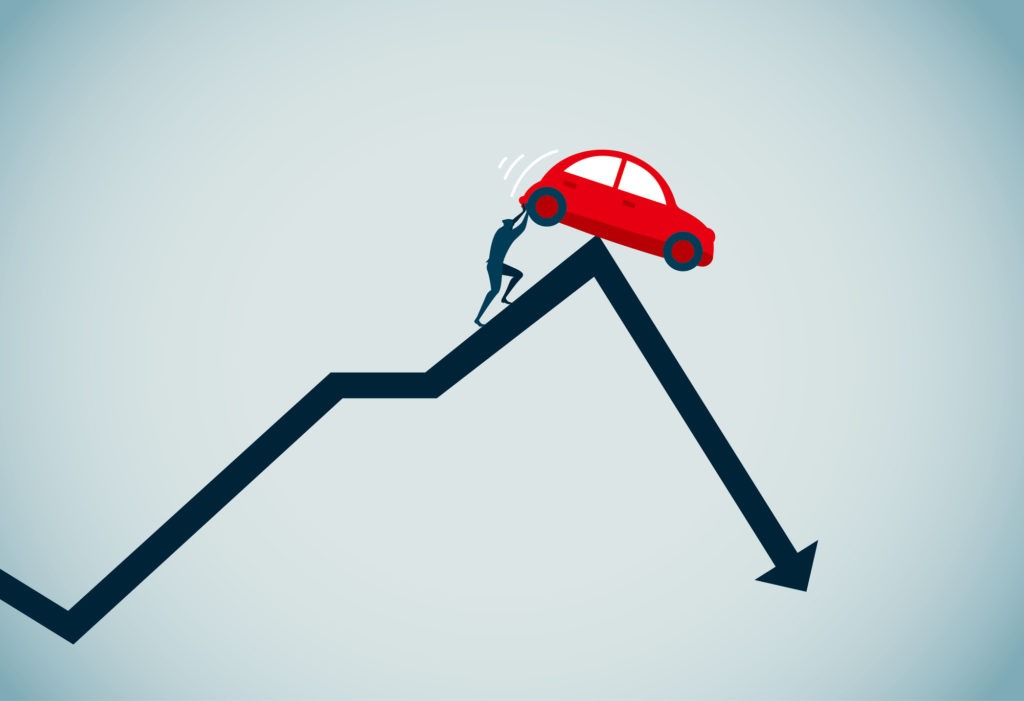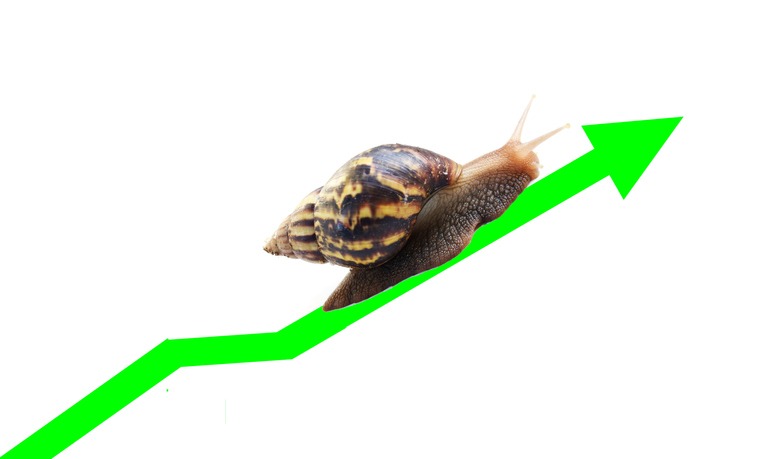COVID-19 and semiconductors disrupt EU new-car markets’ recovery in July
03 August 2021

Autovista24 senior data journalist Neil King explains the deterioration of new-car markets in France, Spain, and Italy in July 2021, compared to July 2019.
New-car registrations in France, Italy and Spain endured significant double-digit declines in July, compared to 2019. The downturns were all more severe than in June, although there was one less working day in Italy and Spain, and two fewer in France. Nevertheless, even when adjusted for these discrepancies, France and Italy deteriorated as rising COVID-19 cases impacted consumer confidence and the shortage of semiconductors constrained supply. Spain was merely stable, despite a reduction in the car-registration tax.
As dealers across Europe emerged from COVID-19 lockdowns, year-on-year comparisons with 2020 are meaningless. Therefore, this article focuses on the latest developments compared to 2019, which better represent the true performance of new-car markets.
French market contracts by one third
According to data released by Plateforme Automobile (PFA), the French automotive-industry body, 115,713 new cars were registered in France in July. This is far below the average of 158,000 registrations for the month between 2010 and 2019. Compared to 2019, the market contracted by 32.8% last month, representing a significant deterioration from the 13.6% decline in June. There were two fewer working days than in July 2019, but even on an adjusted basis, Autovista24 calculates that the market fell by 26.4%. Moreover, the seasonally-adjusted annualised rate (SAAR) of the French market slumped to its lowest level since May 2020, at just 1.51 million units.
In addition to the challenges of the pandemic and parts shortages facing the industry, the reduction in French incentives for electrically-chargeable vehicles (EVs) also conspired to disrupt the market recovery. Consequently, cumulative registrations in the first seven months of the year are 22.4% lower than in the same period in 2019, compared to a 20.9% contraction in the first half. The reduction of EV incentives has stabilised the market share of plug-in hybrids (PHEVs), at 7.9%, and the share of battery-electric vehicles (BEVs) has fallen slightly to 7.7%, down from 7.9% in the first six months.
Given the latest market development, Autovista24 has downgraded its forecast to 6% year-on-year growth in 2021, following the 25% contraction in 2020, to 1.75 million units. This is 21% lower than the volume of cars registered in pre-crisis 2019.
SAAR in Italy at lowest level since May 2020
In Italy, the industry association ANFIA reports that, compared to July 2019, the new-car market contracted by 28.1%. There was one less working day in the month, but Autovista24 calculates that the market fell by 24.8% on an adjusted basis. Either way, this is a sharp deterioration from the 13.3% contraction in June. Furthermore, Autovista24 calculates that the monthly SAAR fell to 1.42 million units – the lowest level since May 2020, as in France.
‘The negative result of July, besides being representative of a month in which the refinancing of incentives in the 61-135g/km CO2 range was still expected, also derives from the fact that we are in the summer season, characterised by traditionally low volumes,’ commented Paolo Scudieri, president of ANFIA.
The new-car market retreated from a cumulative 13.2% decline in the first half of 2021 to a 28.1% contraction in the first seven months. The fortunes of the market should improve with the refinancing of incentives for new cars in the 61-135g/km CO2 emission band, which came into effect on 2 August.
However, Scudieri added that ‘immediate action is needed to refinance the eco-bonus fund, a measure that has definitely worked given the steady increase in registrations of rechargeable cars. These are extremely important measures, both for the recovery of the market and the continuation of the decarbonisation process of the fleet in circulation.’
The incentives will provide some support to the market but are negated by the ongoing semiconductor shortages and rising cases of COVID-19. Accordingly, Autovista24 predicts that the market will grow 14% year on year in 2021, to 1.57 million units. This is a downward revision from the 16% growth previously forecast, and, at this level, the market will be 17.8% smaller than in 2019.
Numerous negative factors in Spain
A total of 83,900 new cars were registered in Spain during July, according to ANFAC, the Spanish vehicle manufacturers’ association. At first glance, the market contracted again, with a 28.1% decline compared to the pre-COVID-19 levels of 2019, following the 25.9% downturn in June. However, there was one less working day last month, and on an adjusted basis, the downturn improved slightly to 24.8%. Nevertheless, an expected improvement, following the reduction of the car-registration taxes from 1 July, did not materialise and the SAAR stubbornly remains at around 900,000 units. Compared to the first seven months of 2019, cumulative registrations of new cars are down 32.7%, although this is a subtle improvement on the 34% fall in the first half of the year.
‘The impasse since the temporary reduction of the registration tax was finally ratified in congress on 30 June and its entry into force -more than ten days later - has taken its toll. Starting on 12 July, the pace of daily sales accelerated, evidencing the value of the measure, but the speed acquired has not been enough to compensate for the initial stoppage,’ explained Tania Puche, communications director of the Spanish dealers’ association GANVAM.
‘In addition, as the shortage of microchips prolongs the delivery times of new vehicles, purchases - especially from individuals - are moving towards the used vehicle. If we add to this the drop in consumer confidence in the face of the fifth wave [of COVID-19], we have the perfect storm to find ourselves with the lowest volume of registrations registered in July since 2014,’ Puche added.
Given the limited impact of the registration-tax cut in Spain and the negative influences of the pandemic and supply issues, Autovista24 has revised its forecast for 2021 down to 910,000 units, equating to year-on-year growth of 7%. This follows a 32% contraction in 2020 and, with this weakened outlook, the Spanish market will be 27.6% smaller this year than in 2019.


